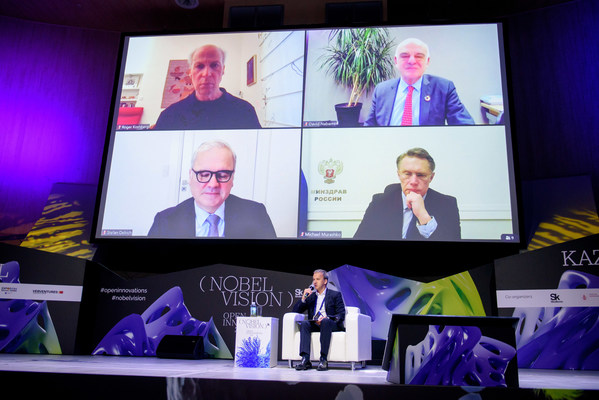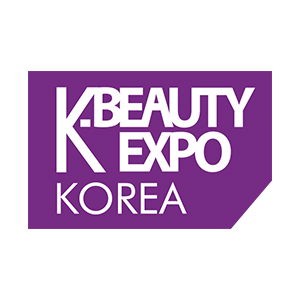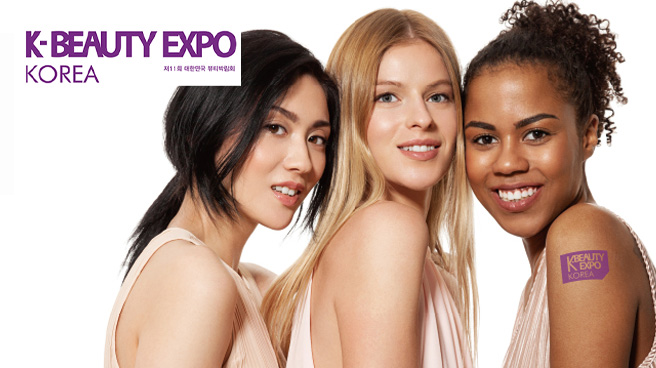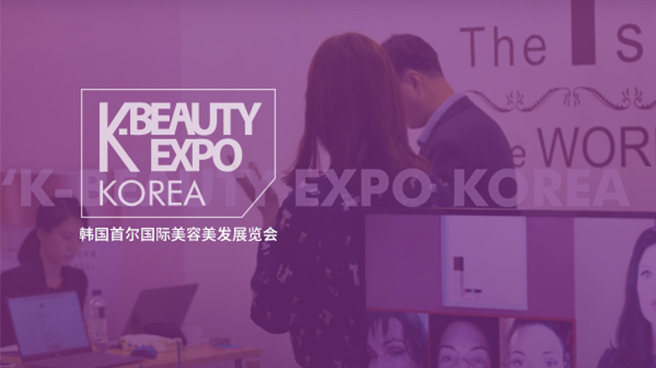Not only pharmaceuticals but food and cosmetic industries are paying keen attention to the microbiome sector.
Microbiome, a combination of words “microbiota” and “genome,” refers to collecting all microorganisms such as bacteria, viruses, and fungi.
Microbiome-related products used to be confined to health and functional foods like probiotics and prebiotics in the past.
Recently, however, drugmakers, food manufacturers, and beauty product sellers are tapping into the microbiome market. Research showed that living bacterial cells and metabolites in the human body could benefit immune and metabolic functions.
The latest massive acquisitions of microbiome developers listed on the Kosdaq market were notable.
On Wednesday, CJ CheilJedang acquired ChunLab for 98.3 billion won ($85.3 million). On the same day, Amicogen took over Bifido for about 60 billion won.
CJ CheilJedang and Amicogen are expected to accelerate the health functional food business using microbiome technology with the recent acquisitions.
Market research firm Frost & Sullivan forecast that the global microbiome market would grow at an annual rate of 7.6 percent, from $81.1 billion in 2019 to $108.7 billion in 2023.
Pharmaceutical companies are also pinning hopes on the microbiome technology, but not every player is winning.
Shares of Seres Therapeutics, a leading U.S. biotech firm in microbiome treatment development, fell more than 52 percent in premarket trading Thursday morning.
The stock price plunge was attributed to disappointing data from a phase-2b clinical trial, ECO-RESET.
The microbiome market for new drug development is growing worldwide.
The microbiome treatment candidate SER-287 failed to meet the primary endpoint of improving clinical remission rates in 203 patients with mild-to-moderate ulcerative colitis (UC).
The trial failure came less than a month after Seres Therapeutics clinched a $525 million deal with Nestlé Health Science to commercialize the UC treatment candidate on July 1 jointly.
Serez Therapeutics agreed to receive an upfront payment of $175 million from Nestlé Health Sciences and an additional $125 million for FDA approval of SER-109. The deal also included up to a $225 million milestone payment if the candidate gets commercialized.
New drug development using microbiome technology is active in Korea, too.
KoBioLabs and Genome & Company are conducting clinical studies in the U.S.
KoBioLabs obtained FDA’s nod for a phase-2a study of KBL6997, a UC treatment candidate, on July 5.
The company said it would evaluate the candidate’s efficacy and safety by giving patients mild-to-moderate UC antibiotics as pre-treatment and KBL697 in the trial.
GoBioLab also won FDA approval for a phase-2 trial of KBL697 with an indication for psoriasis, an immune disease.
Genome & Company conducts joint clinical research on GEN-001, microbiome immunotherapy, with Merck KGaA in Germany and Pfizer.
The company plans to get FDA approval for a phase-1/1b trial of the combination therapy, GEN-001 and Bavencio (avelumab), to confirm the recommended phase-2 dose (RP2D) of GEN-001. The phase-1/1b trial will test the drug in 93 patients with solid cancer, including non-small cell lung cancer (NSCLC), squamous cell carcinoma of the head and neck, and urothelial cancer.
Genome & Company will also test GEN-001 and Bavencio combo in a phase-2a study for gastric adenocarcinoma and gastroesophageal junction cancer, which do not respond well to existing immunotherapy drugs.
Scioto Biosciences, a subsidiary of Genome & Company, obtained the FDA nod to conduct a phase-1 trial of SB-121, a microbiome treatment for brain disease, on May 30 and is recruiting patients.
The study will be a placebo-controlled, double-blind, randomized trial for children with autism spectrum disorders (ASDs) at Cincinnati Children’s Hospital Medical Center for 17 weeks, including a four-week administration.
The two Korean companies should prove the microbiome technology-based new drug’s safety and efficacy through early-stage trials.
“As the microbiome market grows, the market is getting divided into various business areas. From anticancer drugs to face wash products, there is no field where the microbiome is not tapped,” an industry executive said. “Companies will face a challenge to move on from getting a label of microbiome developer to proving technological power.”
 Pages you might like
Pages you might like








 Exhibitions you may be interested in
Exhibitions you may be interested in
 Latest information
Latest information
 Follow official account
Follow official account
 Online support
Online support
 鄂ICP备2022017323号
鄂ICP备2022017323号
 鄂公网安备 42018502006493
鄂公网安备 42018502006493
 Launch Exhibition
Launch Exhibition
 Release information
Release information



 Today's topic
Today's topic










